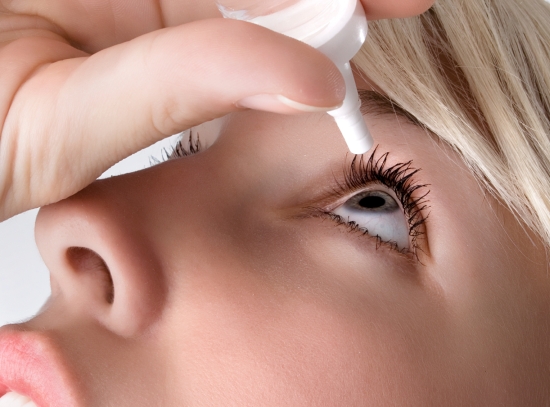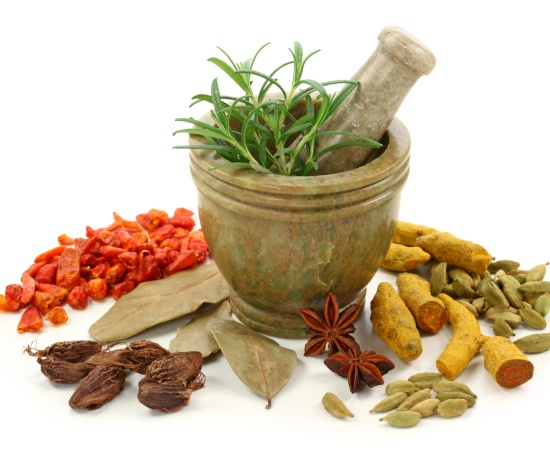The traditional Indian system of medicine of Ayurveda goes back many centuries, and many Ayurvedic remedies are used the same way today that they were prescribed in the original ancient text books.
The word Ayurveda comes from the Sanskrit words ‘Ayush’ which means life or age, and Veda which pertains to knowledge, science and the ancient Indian text – the Vedas.
 Ayurvedic remedies base themselves principally on plant based medicines and treatments, tapping nature’s bounty to bring about cures and healing.
Ayurvedic remedies base themselves principally on plant based medicines and treatments, tapping nature’s bounty to bring about cures and healing.
Certain spices, milk, beneficial fats, and many different minerals are used.
Alcohol is also sometimes used, which is mostly for its numbing or narcotic properties.
Over the ages, Ayurvedic remedies to treat various ailments and diseases, as well as many surgical procedures have been developed.
In western societies, Ayurvedic remedies are used more as a complement to mainstream medicine, to augment rather than replace it.
The principles of Ayurveda and Ayurvedic remedies, place a lot of stress on balance in all things. Suppressing of natural urges is advised against since this would be the cause of illness or imbalance.
Equally, overindulgence is advised against, and moderation in all things is advised; be it food, sexual intercourse, sleep as well as medication.
The different aspects of disciplines of Ayurvedic remedies are:
Internal medicine, known as Kaaya Chikitsa (chikitsa means treatment or medication), Pediatrics, or the practices related to treating children, Surgery or Shalya chikitsa, treatment for the Ear – Nose – Throat (ENT) and eyes known as Shalakya Tantra.
Additionally there is Demonic possession or Bhuta vidya (loosely translated means ghost knowledge) which was the precursor to its modern avatar that is Ayurveda’s brand of psychiatry.
Also toxicology is one of the branches of Ayurveda. Rasayana (alchemy and chemistry) is the branch of Ayurvedic remedies that deals with enhancing immunity, preventing disease and improving wellbeing.
Aphrodisiacs are another factor that Ayurvedic remedies cover, which also seek to improve the health of new borns and babies to be born.
The basis for diagnosis in Ayurvedic Remedies is multiple:
Not only is the constitution of the patient and his abnormal symptoms examined, factors like the essence and stability are also examined.
A person’s diet, physical measurements, physical strength and fitness and their age are also taken into account. The person’s digestion and digestive capabilities are also taken into account.
Also the nature of the disease or illness is keenly examined – the early symptoms, origin of the illness, as well as the later symptoms of the fully developed disease are examined.
The patient is also observed to see how well they respond to the treatment and the effect that the Ayurvedic remedies are having on them.
The pathological processes are also observed to make the diagnosis. Additional information is obtained from listening to the person’s breathing and speech and their pressure points are also of great significance.
Hygiene has central importance in Ayurvedic remedies:
This prescribes regular bathing, skin care, cleaning of the teeth and washing of the eyes. Appropriate anointing with certain beneficial oils is also prescribed.











